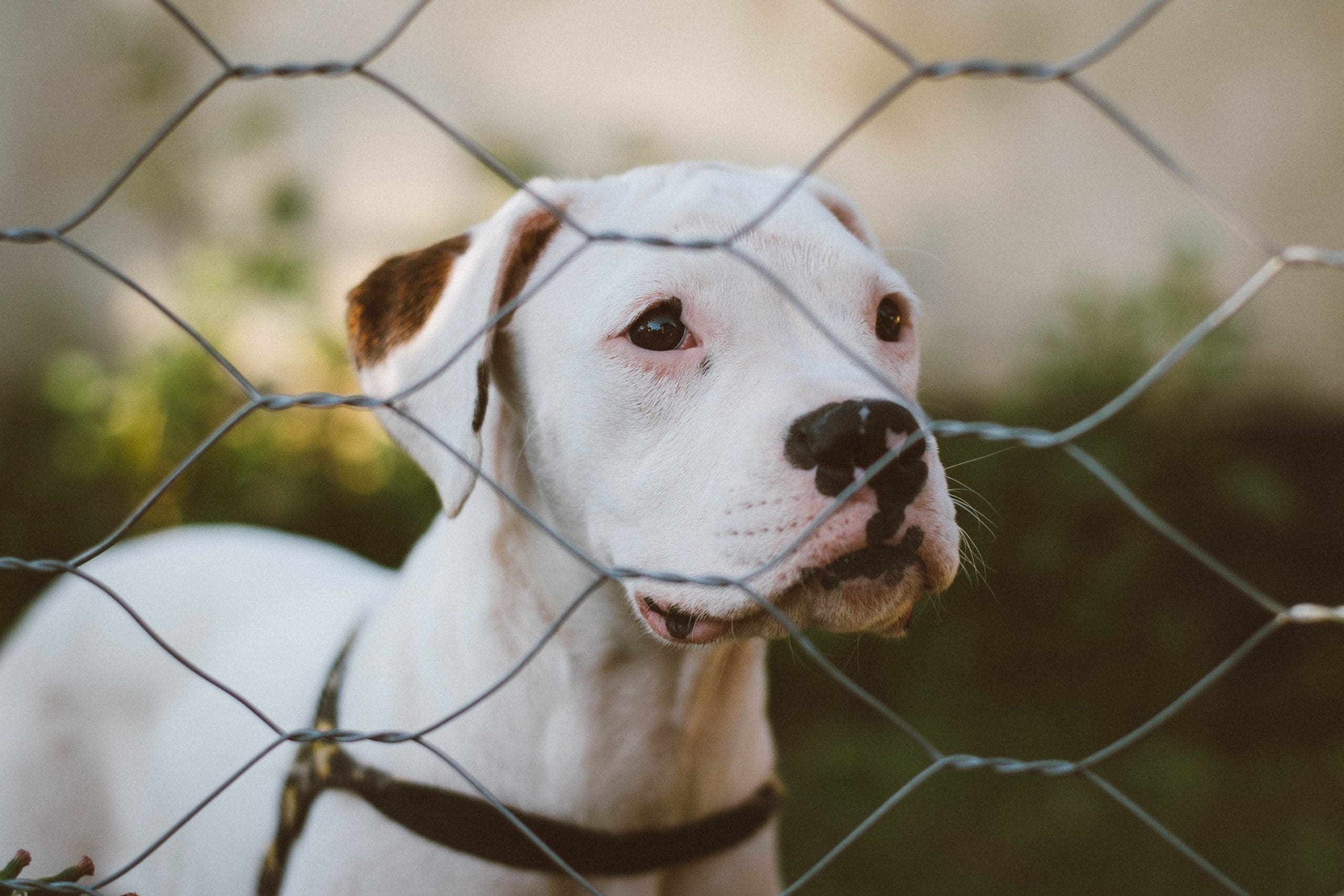How Long Does Diarrhea Last In Dogs?
Post Date:
December 10, 2024
(Date Last Modified: December 13, 2024)
Seeing your dog experience diarrhea can be distressing. As a pet owner, your primary concern is your furry friend’s health and well-being. Diarrhea in dogs can occur for various reasons, and the duration can vary significantly from one case to another. Knowing the factors that influence how long diarrhea lasts can help you determine the best course of action for your pet.
Definition and Impacts of Diarrhea
Diarrhea is defined as an increase in the frequency, volume, or fluidity of your dog’s stool. While occasional loose stools are common, prolonged diarrhea can lead to dehydration and other health issues. When you notice that your dog has diarrhea, the first question that comes to mind is often about its duration. The answer is not straightforward, as several factors can influence it.
Dietary Indiscretion
One of the most common reasons for diarrhea in dogs is dietary indiscretion. Dogs are naturally curious and often consume things they shouldn’t, including spoiled food, trash, or foreign objects. If your dog has diarrhea due to dietary indiscretion, it may last anywhere from a day to a few days, depending on how quickly their digestive system can recover. In many cases, a short bout of diarrhea resolves itself as the dog’s body expels the offending substance.
Infections
Infections, whether bacterial, viral, or parasitic, are another common cause of diarrhea. Conditions such as parvovirus or giardia can lead to severe gastrointestinal upset. If your dog suffers from an infection, diarrhea may last longer, potentially up to a week or more, depending on the severity of the infection and the effectiveness of treatment. Seeking veterinary care is essential in these situations to ensure your dog receives the appropriate diagnosis and treatment.
Food Allergies and Sensitivities
Food allergies or sensitivities can also lead to diarrhea. If your dog has a food allergy, symptoms may persist as long as the allergen is present in their diet. Identifying and eliminating the triggering food may take time and could require a dietary trial under the direction of your veterinarian. During this period, diarrhea could last for several weeks if the allergen is not removed from your dog’s diet.
Stress Factors
Stress significantly impacts gastrointestinal health in dogs. Situations such as moving to a new home, changes in routine, or the presence of new pets can induce anxiety, leading to diarrhea. In these cases, the diarrhea might continue as long as the stressor is present. Addressing the underlying cause of stress through behavioral training or providing a calm environment can help resolve the issue.
Underlying Health Conditions
Chronic diarrhea can also be a sign of underlying health conditions such as inflammatory bowel disease, pancreatitis, or liver disease. If your dog has a pre-existing health issue, diarrhea may persist until the underlying condition is treated. Close collaboration with your veterinarian is vital for managing your dog’s health effectively.
Age and Overall Health
The dog’s age and overall health are crucial factors. Puppies are more susceptible to dehydration due to their smaller size and less developed immune systems. Diarrhea in puppies can progress quickly and may last longer than in adult dogs if not addressed promptly. Senior dogs may be at higher risk as existing health issues could exacerbate the situation.
Monitoring Symptoms
Monitoring your dog’s overall condition during episodes of diarrhea is essential. If your dog appears lethargic, has a decreased appetite, or shows signs of dehydration—such as dry gums, sunken eyes, or excessive thirst—seeking veterinary care immediately is crucial. These signs indicate that the diarrhea may be more serious and requires professional treatment.
Dietary Management and Hydration
Managing your dog’s diet carefully during diarrhea episodes is important. A bland diet, such as boiled chicken and rice, can help soothe the digestive system. Consulting with your veterinarian before making significant dietary changes is advisable to ensure suitable care. Hydration is critical; ensure your dog has access to fresh water at all times. Dehydration can occur rapidly, so encouraging water intake is vital. If your dog is reluctant to drink, consider offering electrolyte solutions designed for pets, but consult your veterinarian for advice.
When to Seek Veterinary Care
If your dog’s diarrhea persists beyond a couple of days or is accompanied by other concerning symptoms, consulting your veterinarian is essential. They may recommend diagnostic tests such as blood work or fecal examinations to determine the underlying cause. Understanding the root of the problem is crucial for providing effective treatment and ensuring your dog’s health.
Treatment Options
In some cases, your veterinarian may prescribe medications to help control diarrhea and address underlying issues. These could include anti-parasitic medications, antibiotics for bacterial infections, or anti-inflammatory drugs for inflammatory bowel disease. Following your veterinarian’s instructions and completing any prescribed treatments is essential for your dog’s recovery.
Preventing Future Occurrences
Regular check-ups with your veterinarian can help prevent future occurrences of diarrhea. Keeping your dog up to date on vaccinations and parasite control reduces the risk of infections that can cause gastrointestinal upset. Additionally, feeding a balanced diet and avoiding table scraps can maintain your dog’s digestive health.
The duration of diarrhea in dogs can vary significantly based on the underlying cause. While some cases may resolve within a day or two, others can last longer, especially if related to infections, allergies, or underlying health issues. Monitoring your dog’s condition and seeking veterinary care when necessary is vital to ensure their health and well-being. Vigilance as a pet owner plays a critical role in your dog’s recovery and overall health.





